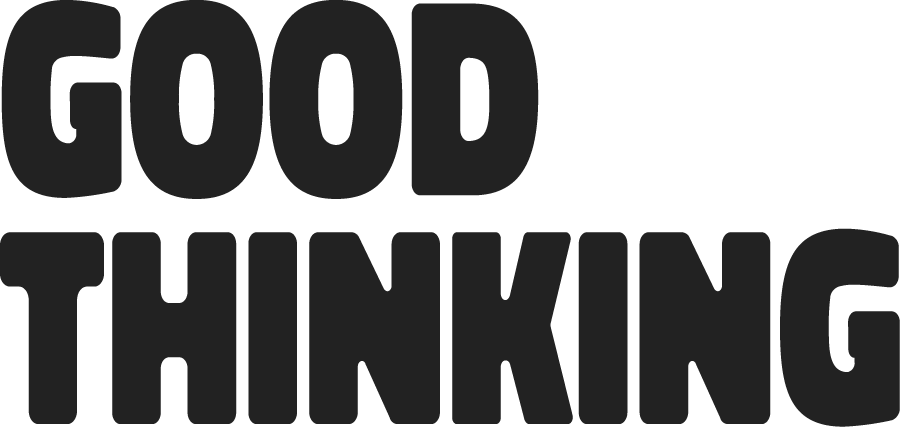Mastering Time Management
The Strategic Leader Podcast- Series 1, Episode 11
In our fast-paced world, managing time effectively is crucial for both personal and professional success. In our latest podcast episode, we tackle a pressing question: Are we mindfully managing our time, or are we merely busy being busy? Join us as we explore this topic through engaging conversation and practical strategies.
The Jar Metaphor: Prioritising What Matters Most
At the heart of our discussion is a powerful metaphor: picture a jar filled with various rocks, pebbles, and sand. In this analogy, the jar represents our limited time, while the rocks symbolise the essential tasks that drive our goals forward, the pebbles represent secondary priorities, and the sand signifies low-value activities that can easily consume our day.
Gemma introduces this idea by asking, “Do we mindfully manage our time?” This reflection is essential because it prompts us to evaluate the quality of our activities. As I point out, just because we have many tasks on our to-do list doesn’t mean all of them need to fit into our “jar.”
The Importance of Strategic Focus
One of the core insights we discuss is the necessity of strategic focus. When we allow ourselves to be consumed by urgent tasks—often the “sand” or low-priority activities—we risk neglecting the important work that truly matters. Here are a few strategies to help you regain focus:
Evaluate Your Tasks: Take a step back and assess your current activities. Which ones are genuinely impactful? This can involve listing out your tasks and categorising them based on their relevance to your long-term goals.
The Eisenhower Matrix: This classic time management tool categorises tasks into four quadrants:
Urgent and Important: These tasks need immediate attention and directly impact your goals.
Not Urgent but Important: These are the strategic activities that, if ignored, may become urgent later. Allocate dedicated time for these tasks.
Urgent but Not Important: These tasks may feel pressing but can often be delegated or minimised.
Not Urgent and Not Important: This is the “sand” of our tasks—activities that drain our time without providing significant value. Aim to minimise these.
Creating Space for Strategic Thinking
As we explore the importance of intentionality, we emphasise the need to create space for deep, strategic thinking. One way to do this is through “thinking walks,” a practice we both advocate. Here’s how you can implement this:
Block Time in Your Calendar: Just as you would for meetings, schedule time specifically for thinking. Whether it’s a walk outside or a quiet moment with a notebook, giving yourself permission to step away from your usual tasks can lead to valuable insights.
Reflect on Your Progress: Use this time to review your achievements, reassess your priorities, and plan your next steps. This reflective practice can be transformative in maintaining focus on what truly matters.
The Power of Intentional Planning
Mindful planning is a game-changer. When you consciously decide how to spend your week, you take control of your time rather than letting it control you. Here’s how to get started:
Set Non-Negotiables: Identify your top priorities for the week. What are the essential “rocks” you need to focus on? Write these down and ensure they take precedence in your schedule.
Review and Adjust: At the end of each week, reflect on what worked and what didn’t. Are there tasks that need to be delegated? Were there activities that consumed more time than they deserved? Use these insights to refine your approach moving forward.
Embrace Flexibility: While it’s important to plan, remain open to adjustments. Unexpected demands can arise, and having a flexible mindset will help you navigate them without losing sight of your strategic goals.
As we conclude our episode, we emphasise that true productivity isn’t simply about being busy; it’s about being intentional and strategic with our time. By recognising the value of our activities, utilising tools like the Eisenhower Matrix, and allowing ourselves time for reflection, we can master our time management and focus on what truly matters.
Are you ready to take control of your time? Tune in to our episode for more insights, and join the conversation about how to work smarter, not harder.
